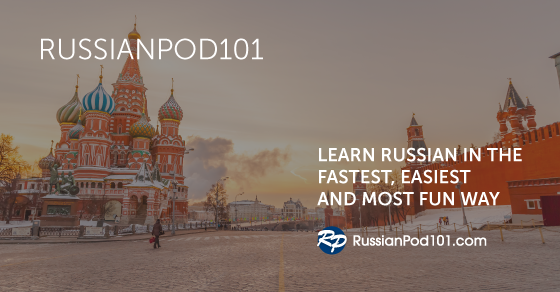| Let’s look at the dialogue. |
| When I read, I want you to pay attention to the words showing the languages. |
| Find what these words are and see how they’re used in the dialogue. |
| Здравствуйте, вы говорите по-английски? |
| (Zdravstvuyte, vy govorite po-angliyski?) |
| Hello, do you speak English? |
| Да, я говорю по-английски. |
| (Da, ya govoryu po-angliyski.) |
| Yes, I speak English. |
| First is a formal greeting |
| Здравствуйте. |
| (Zdravstvuyte). |
| Hello |
| Then the question. |
| Вы говорите по-английски? |
| (Vy govorite po-angliyski?) |
| Do you speak English? |
| Then the answer. |
| Да, я говорю по-английски. |
| (Da, ya govoryu po-angliyski.) |
| Yes, I speak English. |
| Or |
| Нет, я не говорю по-английски. |
| (Net, ya ne govoryu po-angliyski). |
| No, I don’t speak English. |
| Now let’s look at some speaking examples. |
| First, you’re asked the question |
| Вы говорите по-русски. |
| vy govorite po-russki? |
| Do you speak Russian? |
| And you would answer. |
| Да, я говорю по-русски. |
| (Da, ya govoryu po-russki.) |
| Yes, I speak Russian. |
| And, if you ask about Japanese. You can answer. |
| Да, я говорю по-японски. |
| (Da, ya govoryu po-yaponski.) |
| Yes, I speak Japanese. |
| Now let’s look at the sentence pattern. |
| This pattern will be the structure that all of our dialogues will follow. |
| Да, я говорю по-[language]. |
| (Da, ya govoryu po-[language].) |
| Yes, I speak [language]. |
| You may have noticed here that the word for English |
| по-английски (po-angliyski) is a little different from the vocabulary section. |
| The words in the vocabulary section are all adjectives referring to the language. |
| Some example phrases are |
| “английский актёр” (angliyskiy aktyor) – English actor |
| “русский язык” (russkiy yazyk) – Russian language; |
| “немецкий паспорт” (nemetskiy pasport) – German passport. |
| When referring to the ability to speak a language |
| the prefix “по” (po) is added with a hyphen, and the ending “й” (y) is removed. |
| This is done for every language. |
| Examples are |
| по-русски |
| (po-russki); |
| по-японски |
| (po-yaponski). |
Source link



